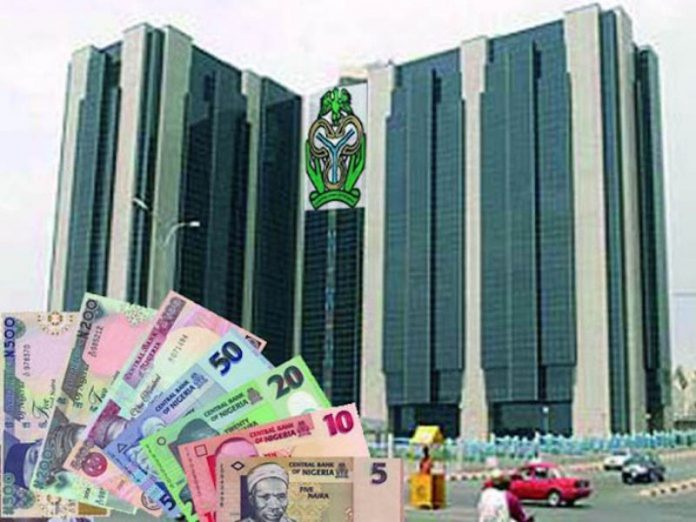The monetary policy committee of the Central Bank of Nigeria has loosened official interest rate (Monetary Policy Rate) by 100 basis points against expectations. The MPC said it was confronted by policy dilemma into taking the decision to reduce the MPR from 12.5 to 11.5 per cent.
The committee also adjusted the asymmetric corridor from +200/-500 basis points to +100/-700 basis points around the MPR. It retained the Cash Reserve Ratio (CRR) at 27.5 per cent and retained the Liquidity Ratio at 30 per cent. According to a communiqué that was issued at the end of the MPC meeting yesterday, six members voted to reduce the MPR by 100 basis points, one member by 50.0 basis points and three voted to hold. Nine members voted to change the asymmetric corridor while one member voted to hold.
The loosening is expected to reduce cost of funds and encourage private sector borrowing with a focus on stimulating economic activities as part of measures to reflate the nation’s economy.
Economic experts had predicted a tightening in the MPR in response to the rising inflation rate put at 13.22 per cent in August 2020. The thinking is that with the recent removal of subsidy on fuel price, the increase in energy prices and the adjustment of the exchange rate, inflationary pressure will persist, at least for now.
“Whereas MPC believes in the primacy of its price and monetary stability mandate, it nevertheless was confronted with what policy direction to focus on, given the contraction in output growth during the second quarter of 2020, which may lead to a recession, if the third quarter of 2020 output growth numbers further show a contraction,” CBN Governor Godwin Emefiele said.
In justification for the decision, the committee believes that to abate the current pressure, it had no choice but to pursue an expansionary monetary policy using development finance policy tools, targeted at raising output and aggregate supply to moderate the rate of inflation.
The MPC noted that at present, fiscal policy is constrained and so cannot, on its own lift the economy out of contraction or recession given the paucity of funds arising from weak revenue base, current low crude oil prices, lack of fiscal buffers and high burden of debt services.
“Therefore, monetary policy must continue to provide massive support through its development finance activities to achieve growth in the Nigerian economy,” Emefiele added.
The MPC said evidence has not supported the rising inflation to monetary factors but rather, evidence suggests non-monetary factors (structural factors) as the overwhelming reasons accounting for the inflationary pressure.
Accordingly, it argued that the implication is that traditional monetary policy instruments are not helpful in addressing the type of inflationary pressure we are currently confronted with. What is useful is the kind of supply side measures currently being implemented. MPC also expects that a downward adjustment in MPR may be necessary to further put pressure on our deposit money banks to lower cost of credit in aid of growth.
On easing the stance of policy, the MPC was of the view that this action would provide cheaper credit to improve aggregate demand, stimulate production, reduce unemployment and support the recovery of output growth. The Committee, however, observed that with inflation trending upwards, easing of the policy stance may exacerbate the current inflationary pressure through an increase in money supply. In addition, the MPC noted the tendency of an asymmetric response to downward price adjustments by ‘Other Depository Corporations’, thus undermining the overall beneficial impact of a reduction to the cost of capital.
In the Committee’s view, a hold position will allow the economy to adjust to the ongoing stimulus measures put in place by the monetary and fiscal authorities to curb the downturn and allow more time for the MPC to assess their impact on the economy.
After the consideration of the three policy options, Members were of the opinion that the option to loose will complement the Bank’s commitment to sustain the trajectory of the economic recovery and reduce the negative impact of COVID-19. In addition, the liquidity injections are expected to stimulate credit expansion to the critically impacted sectors of the economy and offer impetus for output growth and economic recovery.
The MPC also appealed to its economic stakeholders to take advantage of the bank’s intervention initiatives to help support a quick rebound in growth.


